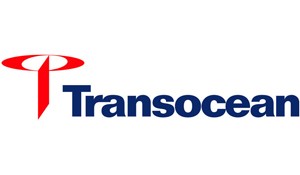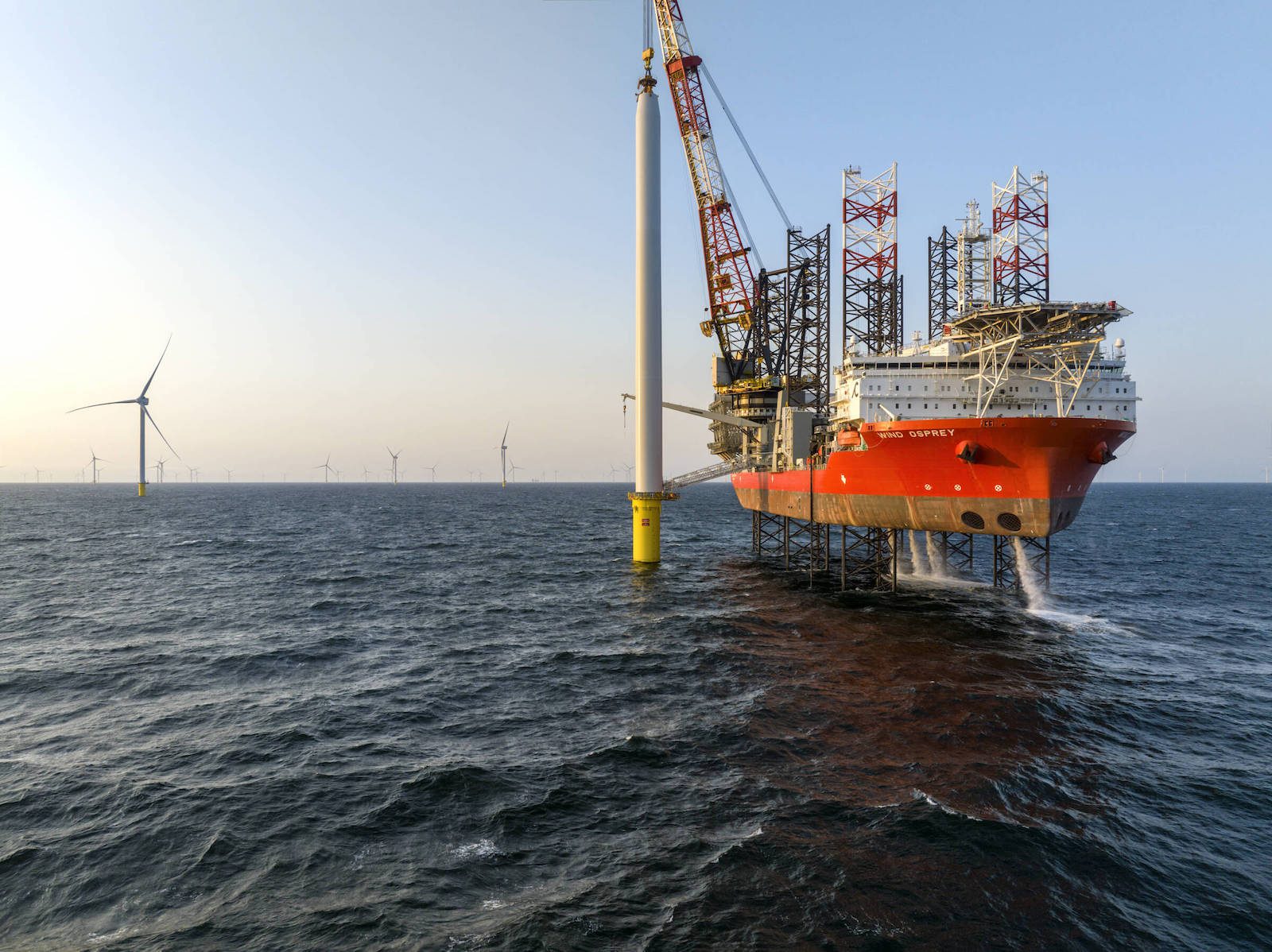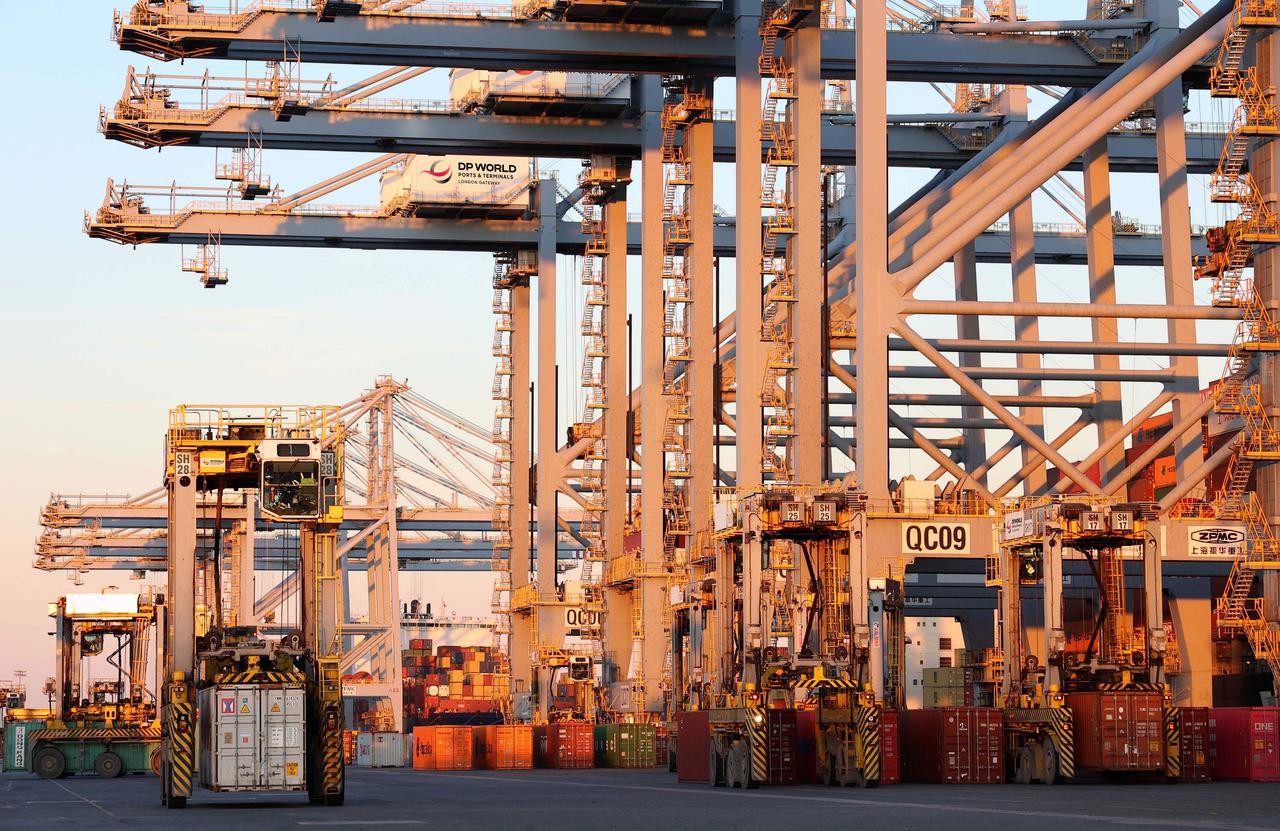 Transocean Ltd.’s (RIG) fourth-quarter loss widened sharply as the offshore-oil driller reported higher charges, mostly due to impairment, though revenue grew more than expected.
Transocean Ltd.’s (RIG) fourth-quarter loss widened sharply as the offshore-oil driller reported higher charges, mostly due to impairment, though revenue grew more than expected.
Shares were up by 2.6% to $52.02 in recent premarket trading. The stock has gained 32% so far this year.
The world’s biggest deep-water driller was the owner of the Deepwater Horizon, the rig that exploded and sank in the Gulf of Mexico in 2010, killing 11 people and setting off the worst offshore oil spill in U.S. history. A drilling moratorium imposed after the explosion was officially lifted in 2010, but U.S. regulators didn’t begin approving deep-water drilling projects until late February 2011. Last month, BP PLC (BP, BP.LN) said a U.S. court’s ruling was a “clear signal” Transocean needed to be held partly responsible for some liabilities from the Gulf of Mexico oil spill, calling it a rejection of Transocean’s bid for full indemnity.
The company closed its $1.43 billion acquisition of rival Aker Drilling ASA lain October, a move that expands its business into the harsher, more challenging sub-Arctic waters.
Transocean reported a loss of $6.12 billion, or $18.62 a share, compared with a year-earlier loss of $799 million, or $2.51 a share, a year earlier. The most recent period included $6.18 billion, or $18.80 a share, in after-tax charges related to impairment, loss contingencies associated with the Macondo Well incident, acquisition-related expense and other items. The year-ago period included net charges of $1.02 billion, or $3.19 a share, mostly related to a current and projected decline in dayrates and utilization that has hurt the Standard Jackup asset group.
Revenue improved 14% to $2.42 billion.
Analysts polled by Thomson Reuters had predicted a profit of 20 cents a share on revenue of $2.32 billion.
Operating and maintenance expenses jumped 92% due primarily to estimated loss contingencies associated with the Gulf of Mexico oil spill.
Average daily revenue grew 6.7% from a year earlier and grew 1.8% from the prior quarter. Its fleet utilization rate was 61%, up from 58% in both the previous quarter and in the prior year.
In November, Moody’s Investors Service placed Transocean’s investment-grade credit rating on review for possible downgrade, citing the possibility the company’s leverage will remain elevated and thus reduce its financial flexibility.
-By Nathalie Tadena, Dow Jones Newswires

 Join The Club
Join The Club











